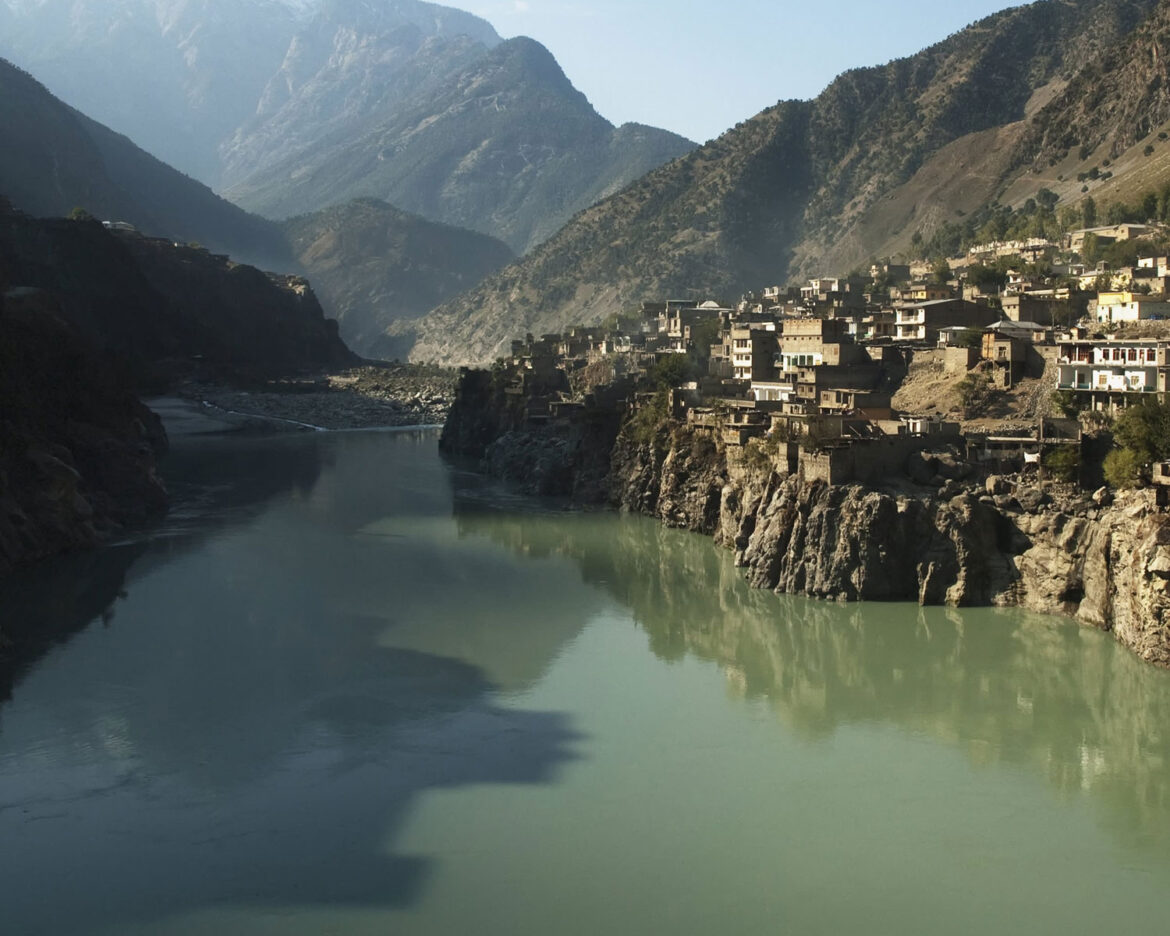Pakistani and Indian officials came together in a significant two-day meeting held in Vienna, Austria, aimed at resolving the persistent water dispute between the two South Asian nuclear-armed neighbors. The meeting was facilitated by a neutral expert appointed on India’s request under the framework of the Indus Waters Treaty, marking a pivotal step toward addressing the ongoing tensions regarding shared water resources.
India was represented at the meeting by senior advocate Harish Salve, who served as the lead counsel for the Indian delegation. The Indian Foreign Ministry released a statement, confirming the participation of its delegation led by the secretary of the Department of Water Resources, in the neutral expert proceedings that took place at the Permanent Court of Arbitration in Vienna on September 20 and 21, according to local news agency PTI.
This development follows a recent ruling by the Permanent Court of Arbitration (PCA) in The Hague, which upheld its jurisdiction over India’s dispute with Pakistan concerning two critical hydropower projects, the 330-megawatt Kishanganga and the 850MW Ratle hydroelectric projects. India had previously contested the PCA’s authority in this matter but was overruled by the court.
The ongoing dispute over water resources has been a longstanding point of contention between these two neighboring countries, who are also embroiled in various land and sea disputes, most notably the Jammu and Kashmir issue.
The Indus Waters Treaty, brokered by the World Bank in 1960, governs the distribution of water from six shared rivers. Under this agreement, the eastern rivers – the Sutlej, Beas, and Ravi – are allocated to India, while the western rivers – the Indus, Jhelum, and Chenab – are designated for Pakistan.
Pakistan has consistently accused India of “continuously violating” the treaty by constructing dams on the western rivers, while India contends that Pakistan has been unjustly benefiting from the treaty.
In addition to their dispute over the Indus Waters Treaty, India is also engaged in a water dispute with China over the construction of dams and proposed diversion of the Brahmaputra River, which originates in Tibet and serves as a vital source of irrigation for one-third of India’s agricultural needs. The resolution of these water disputes remains of paramount importance for regional stability and cooperation.



